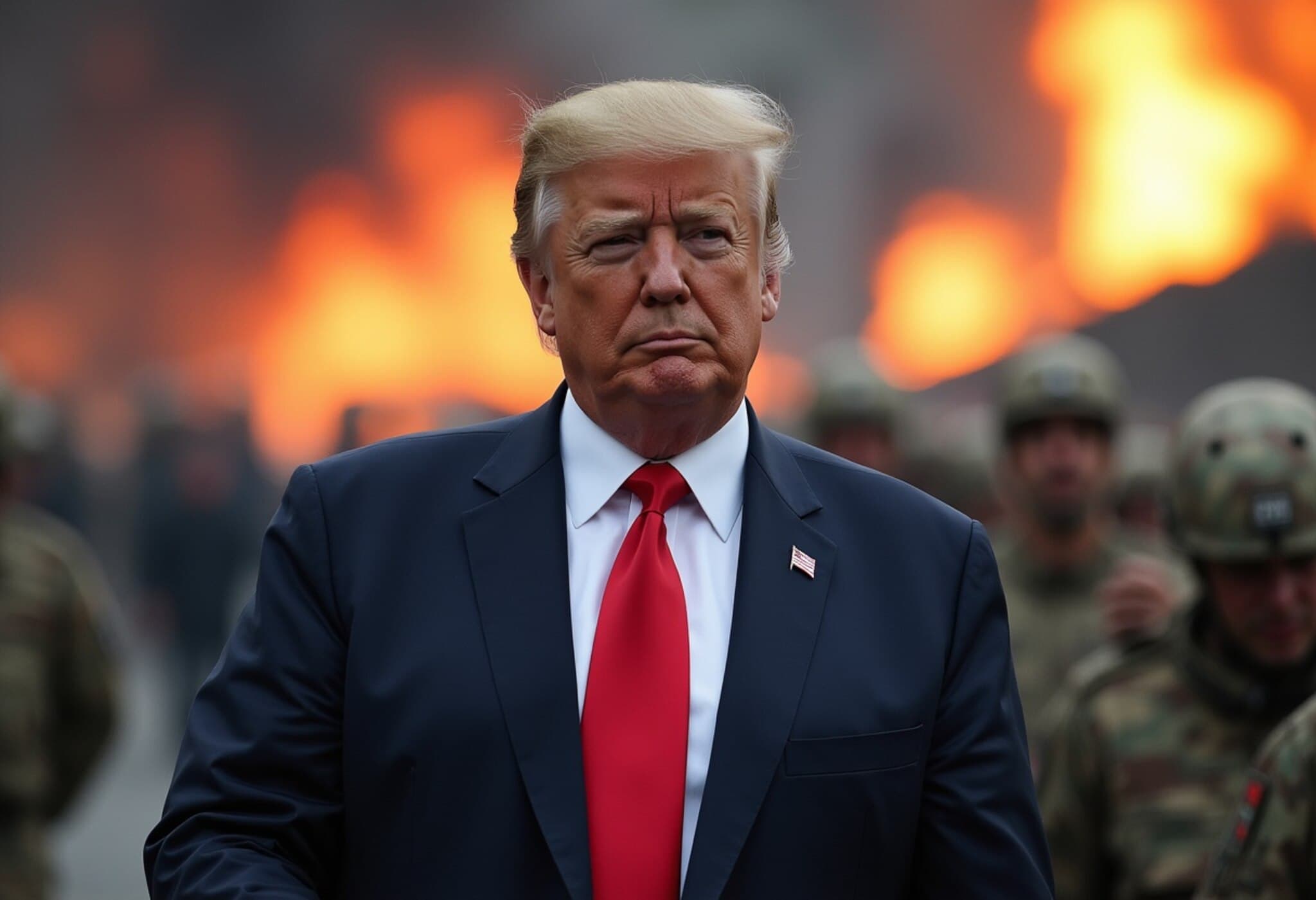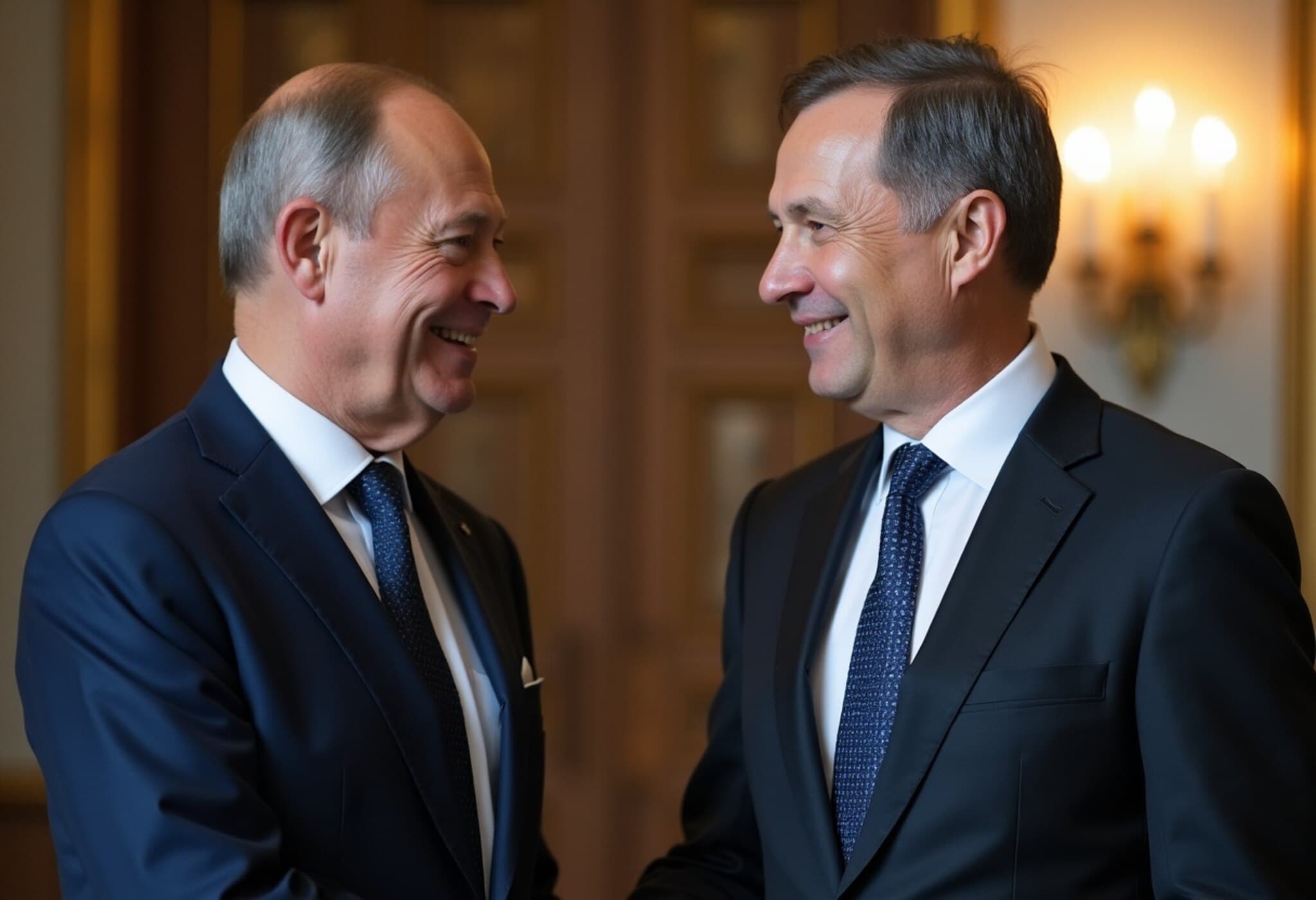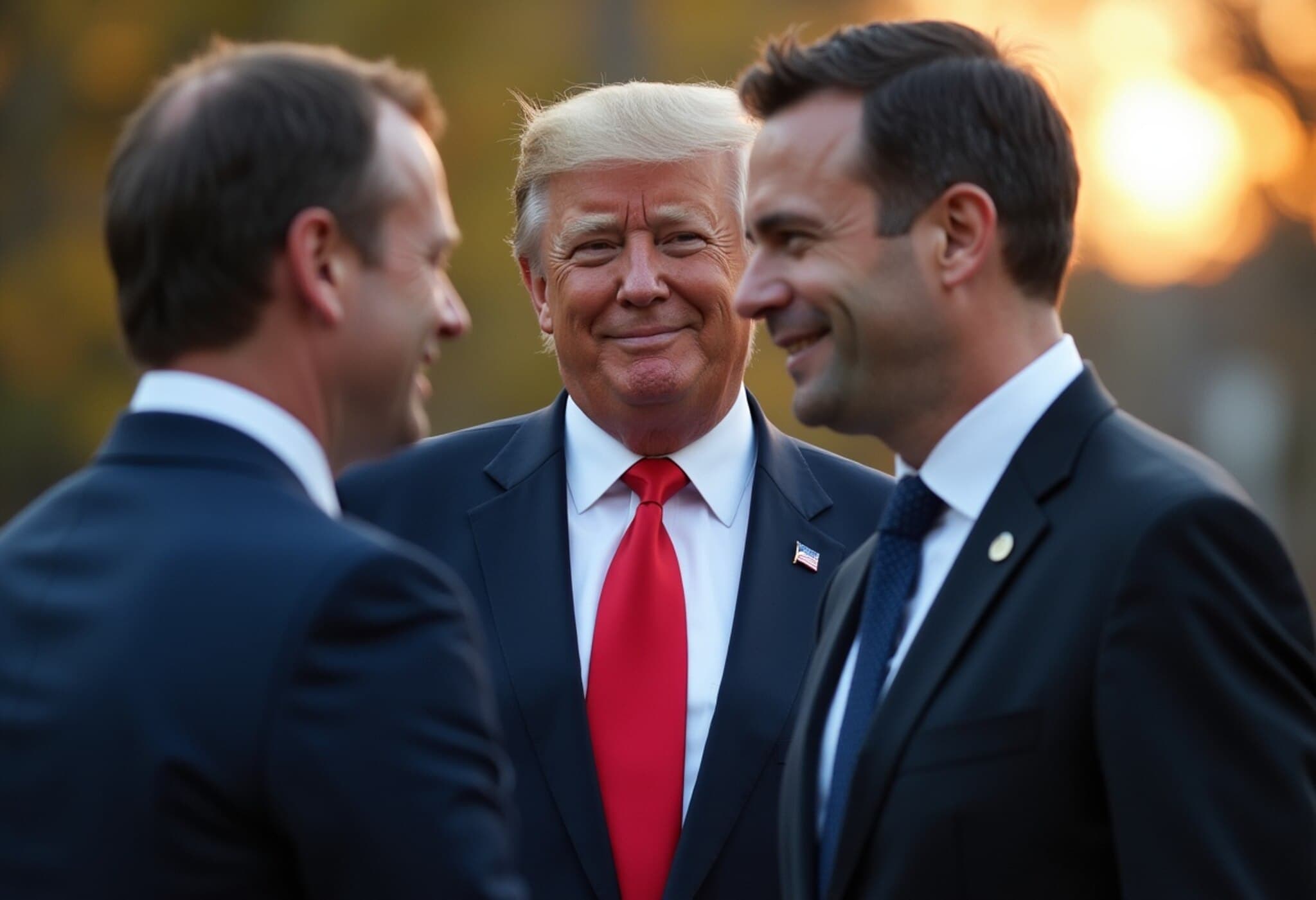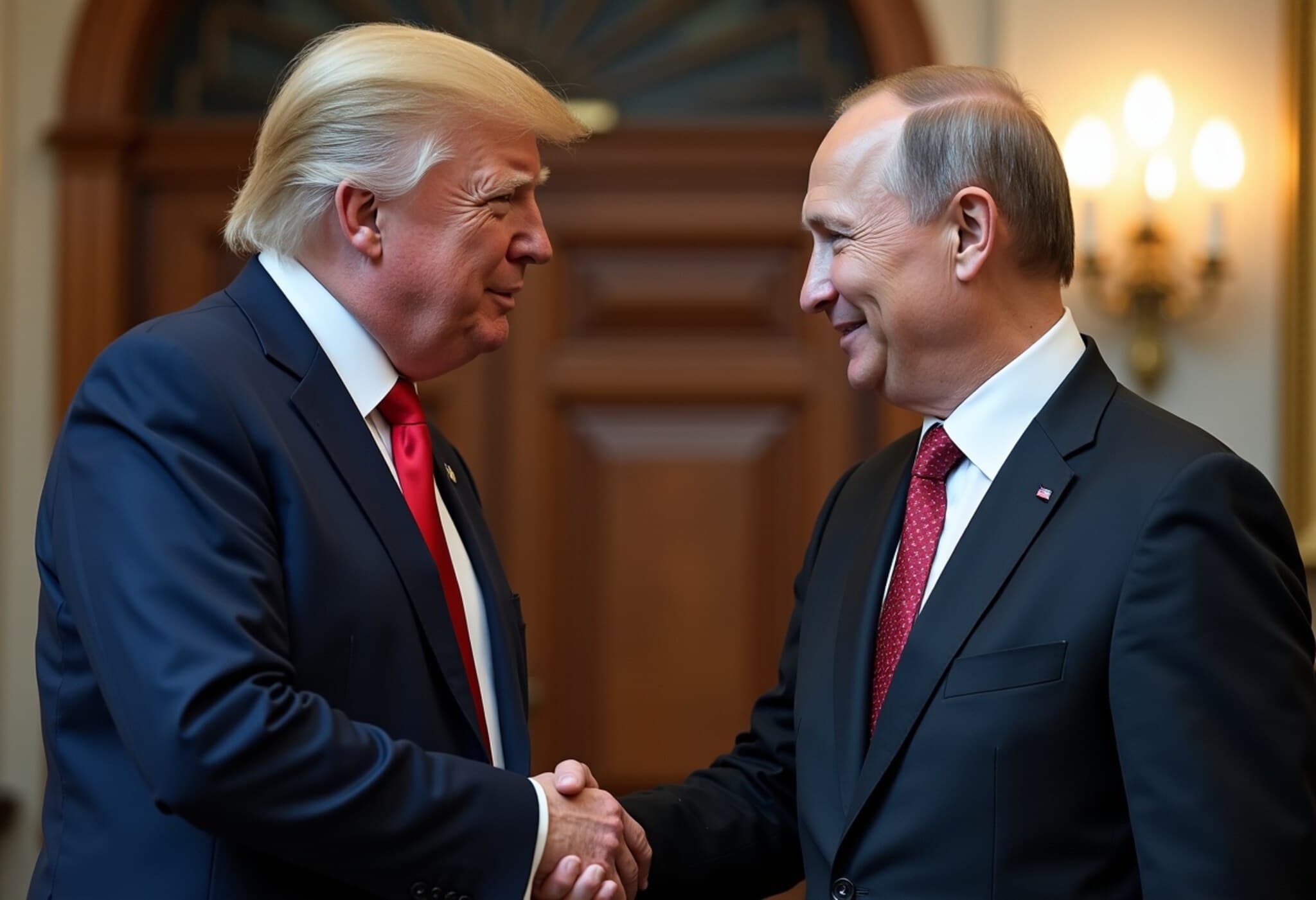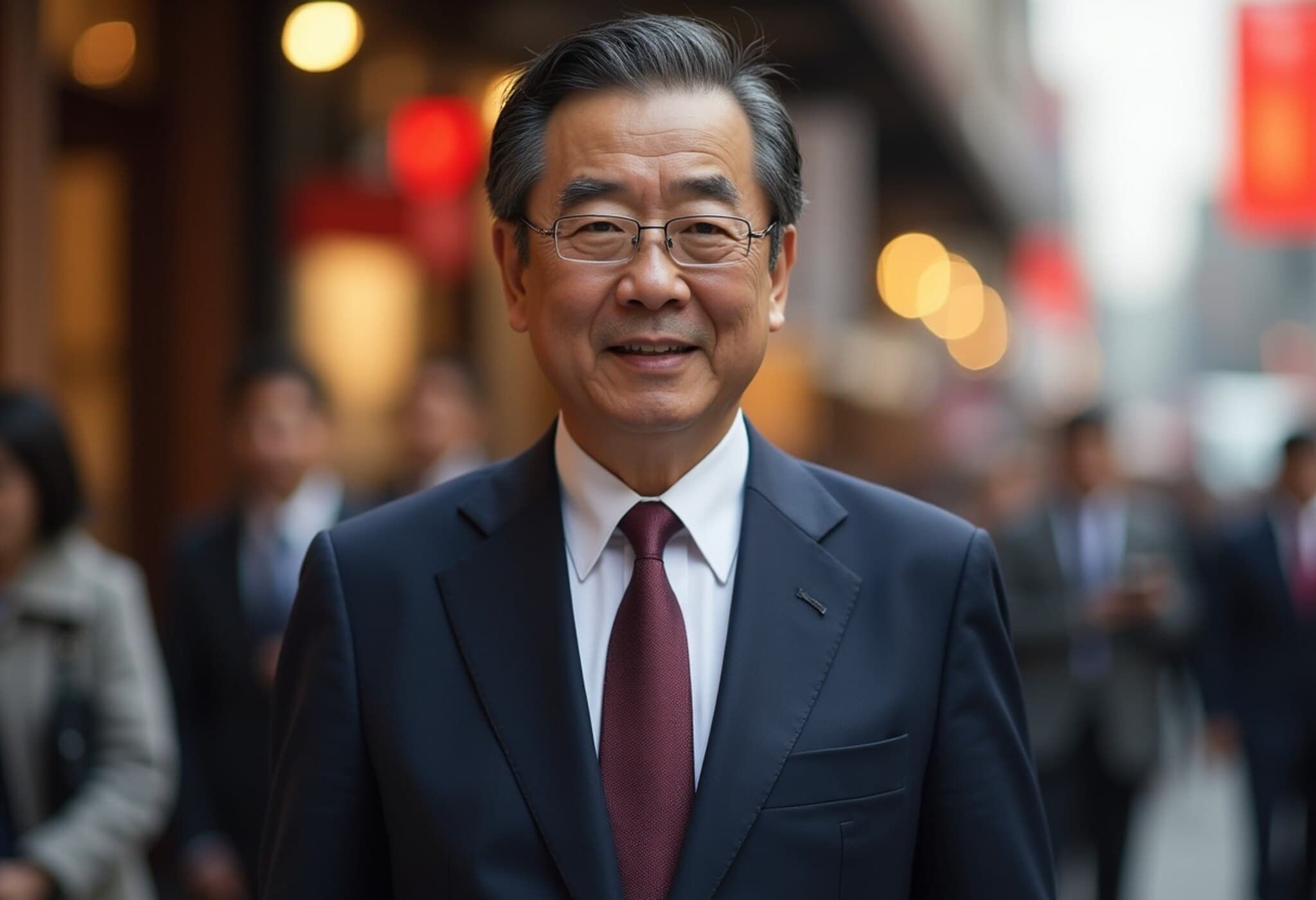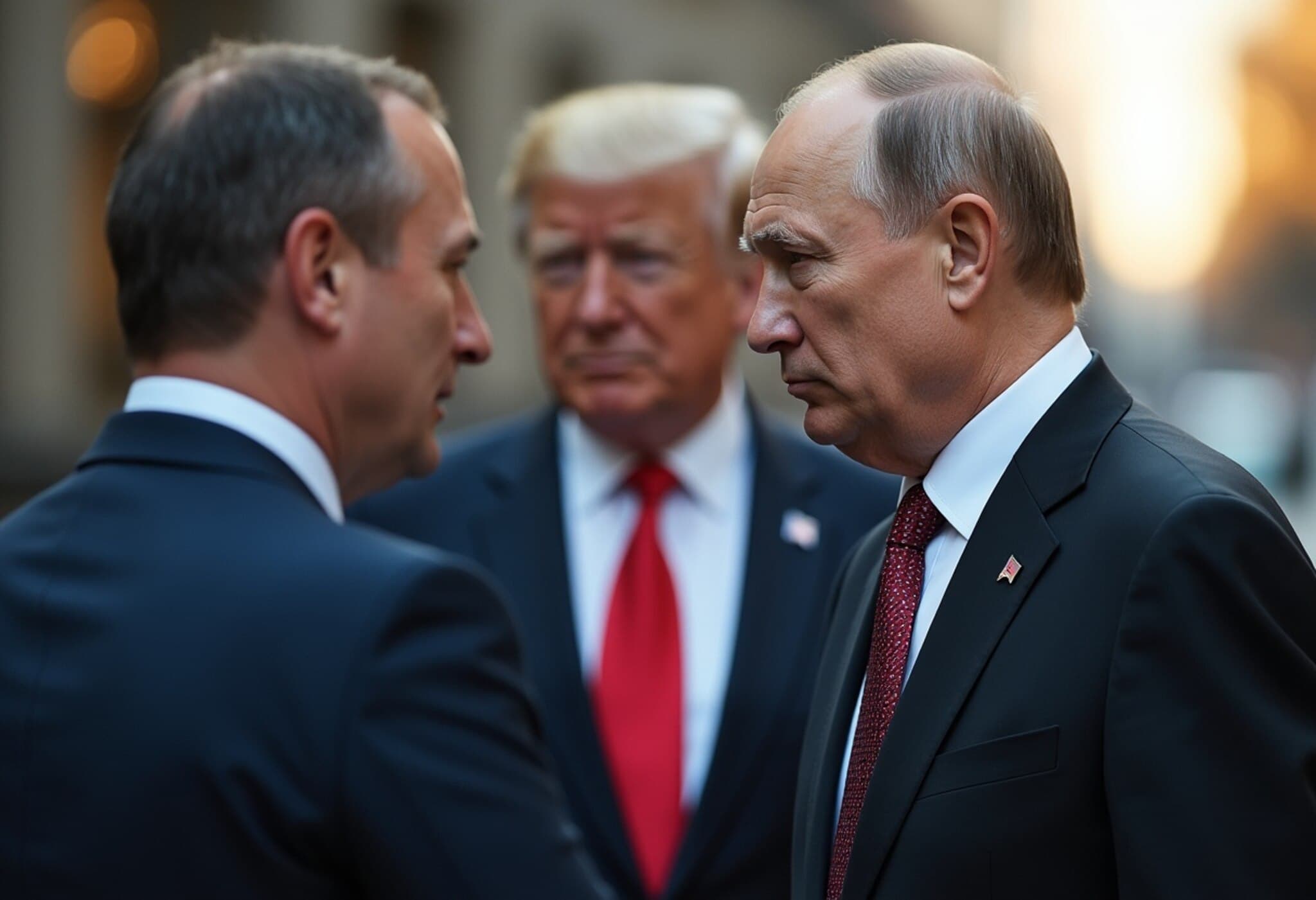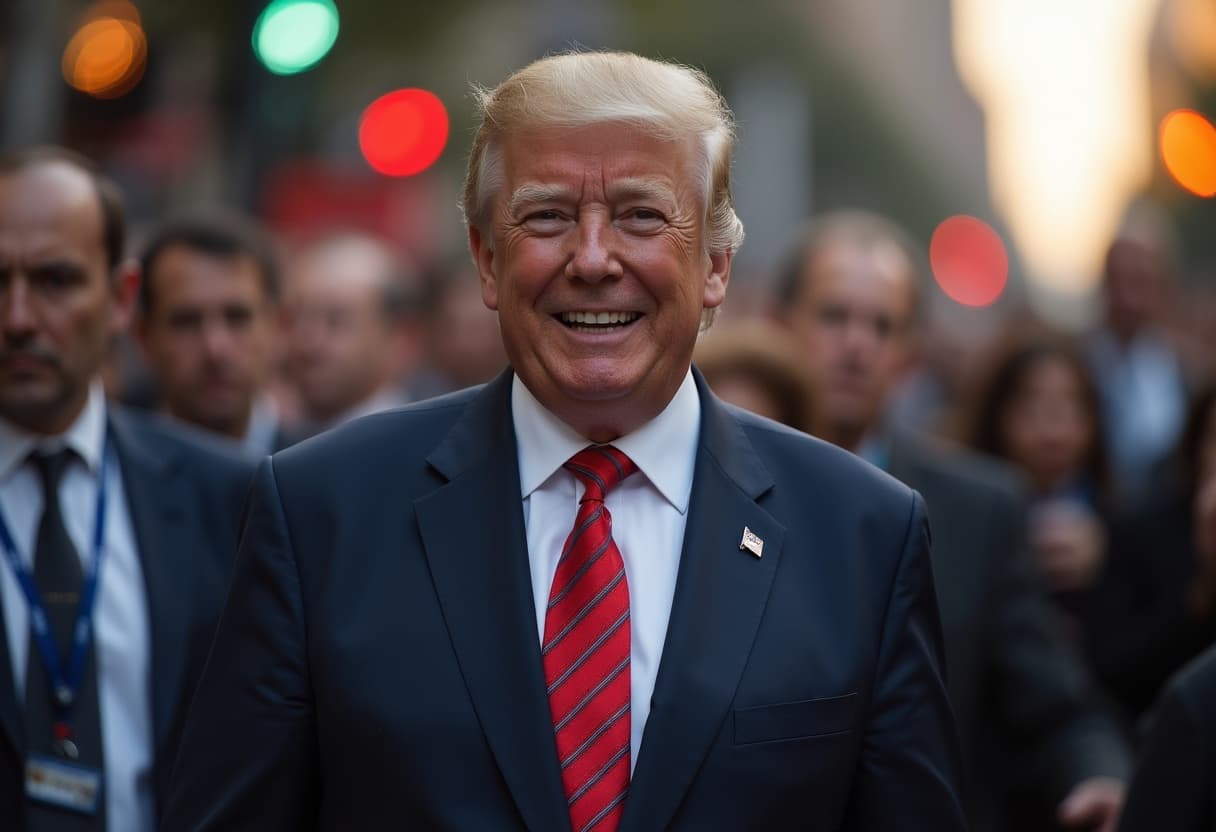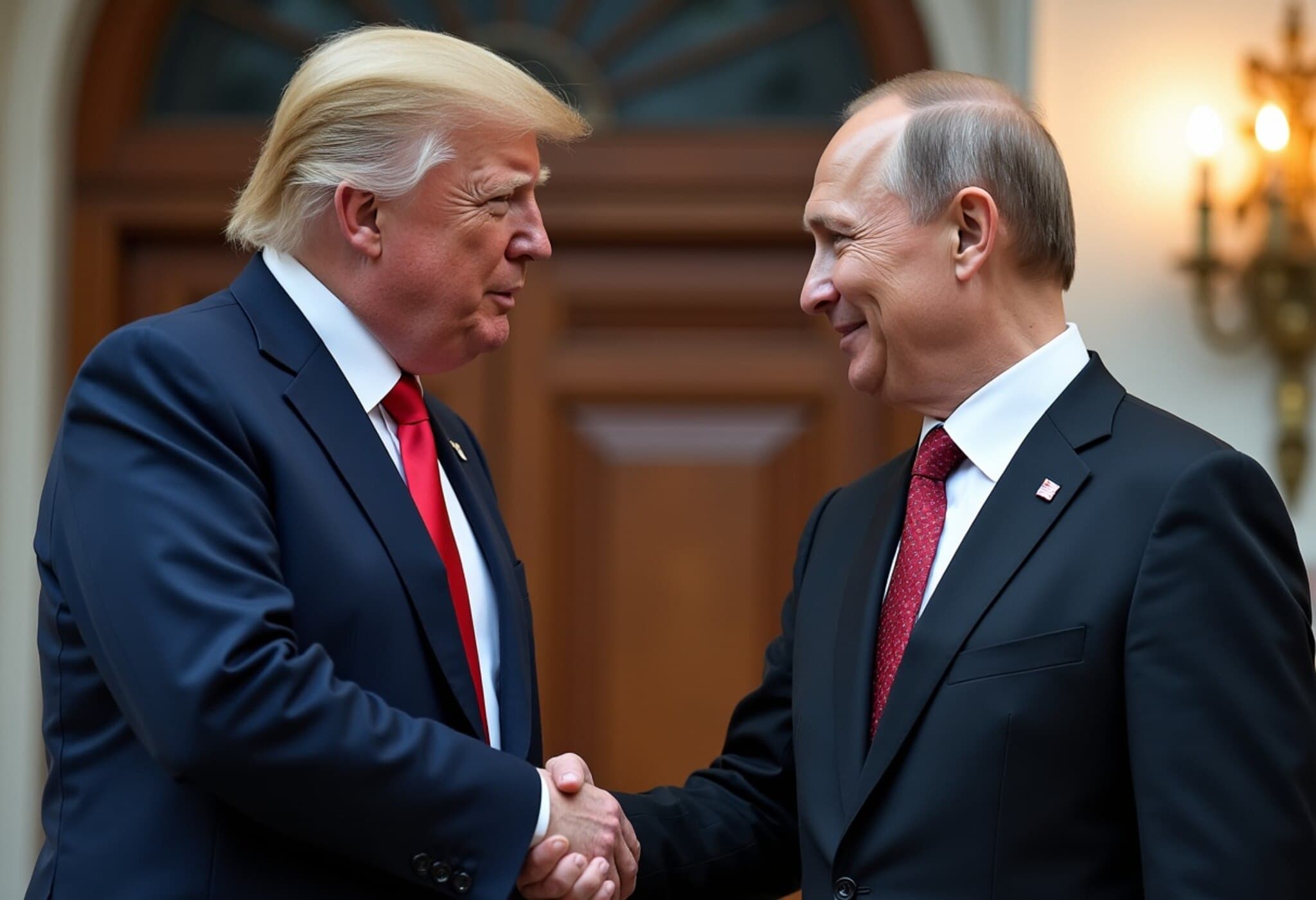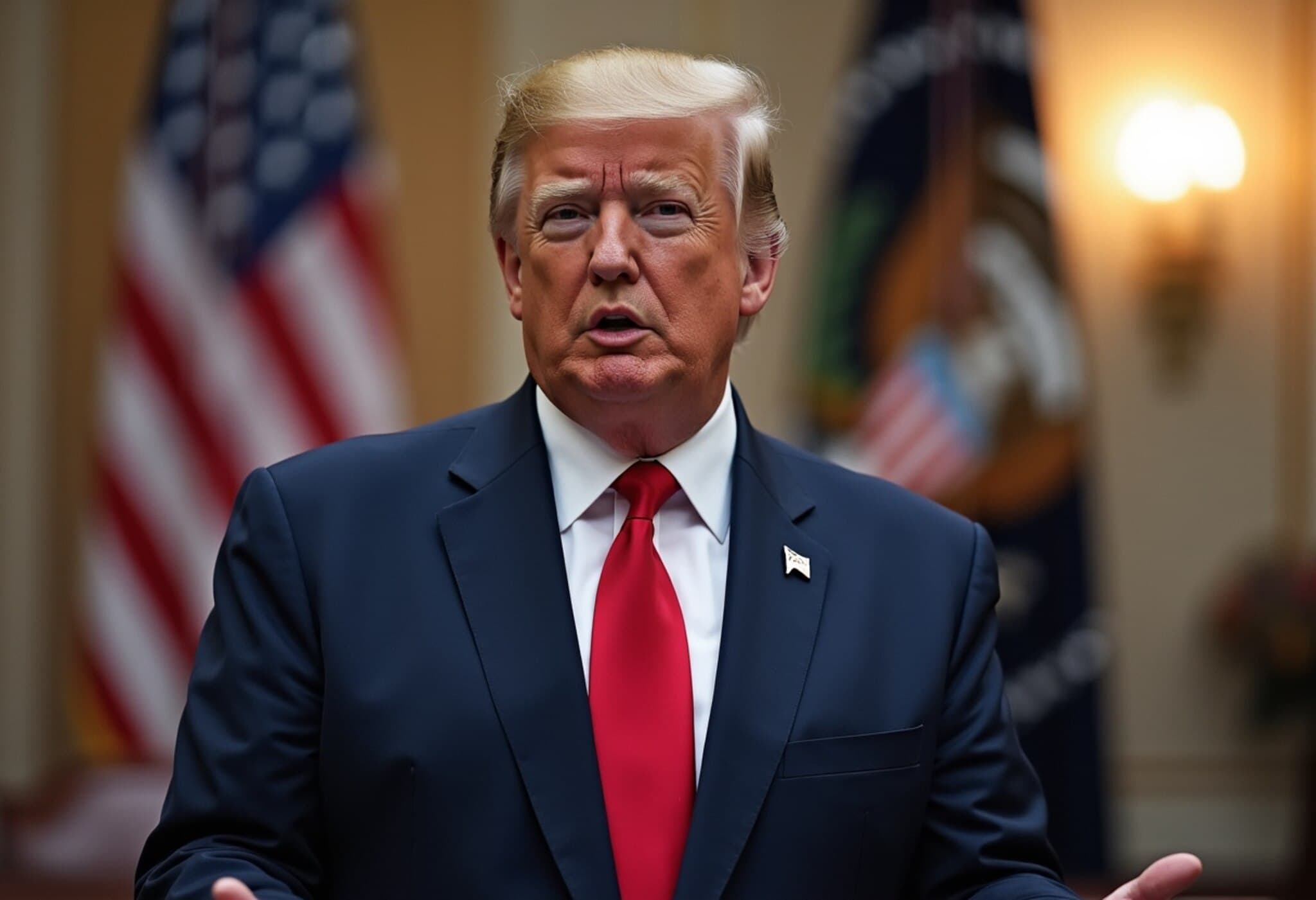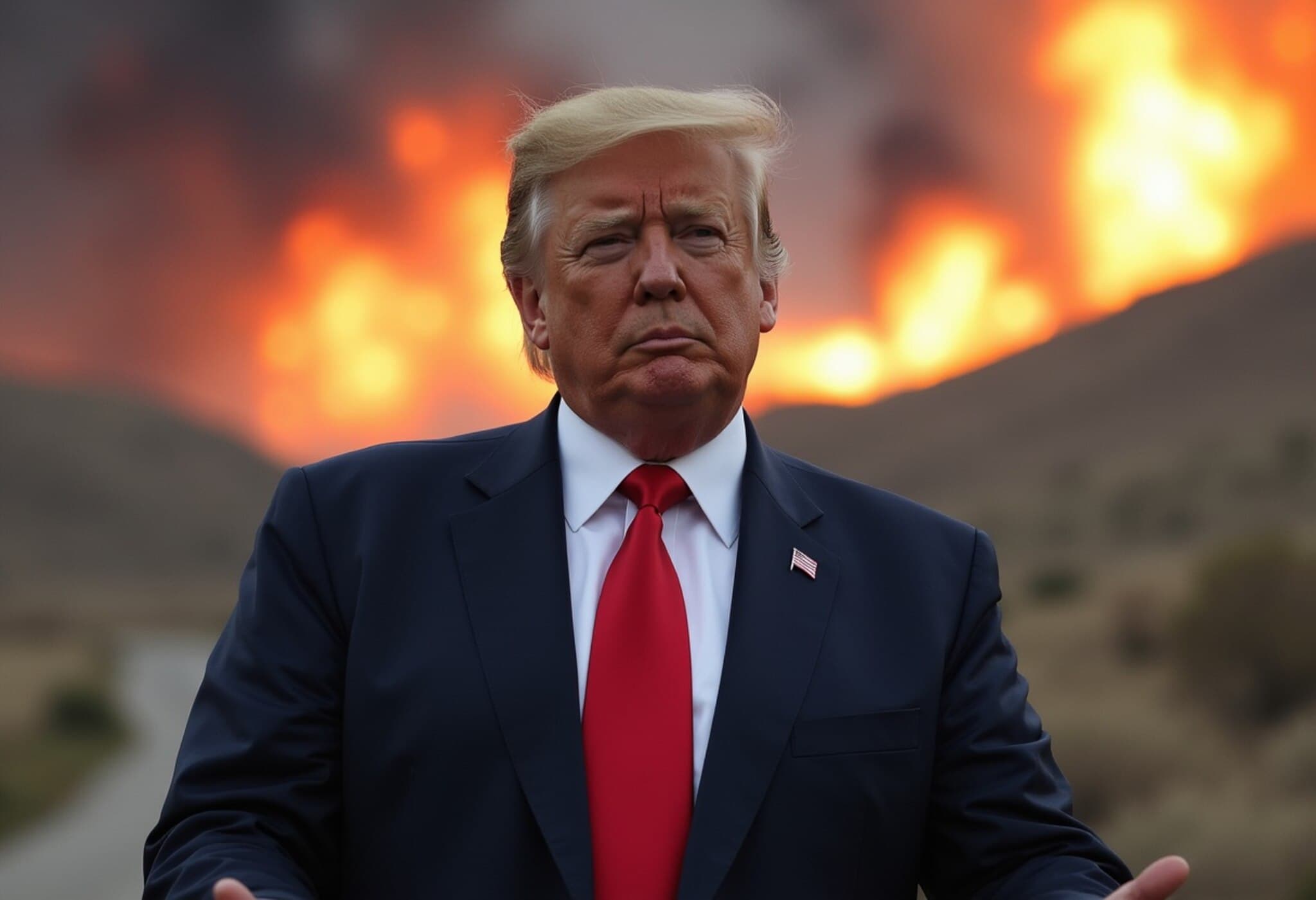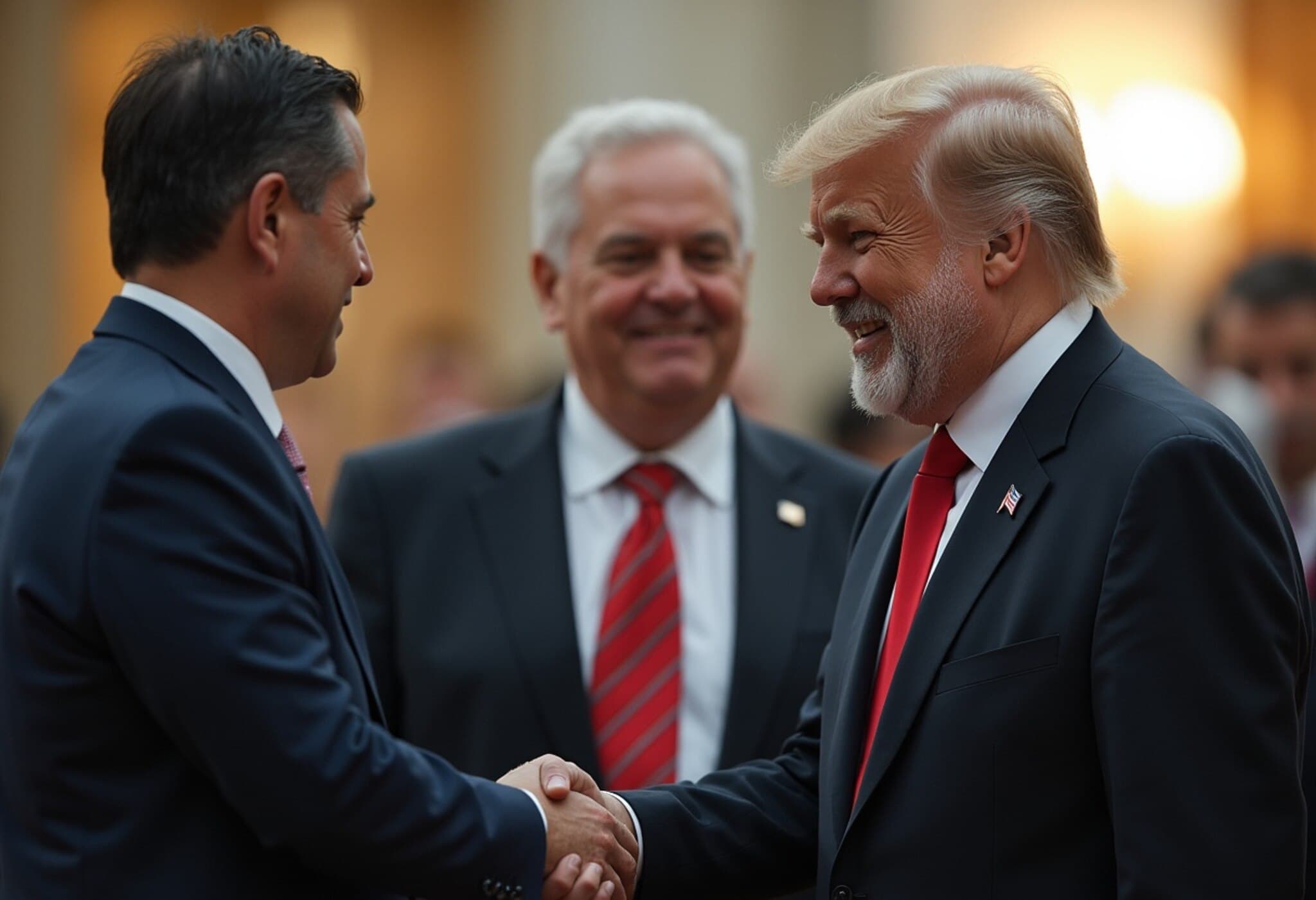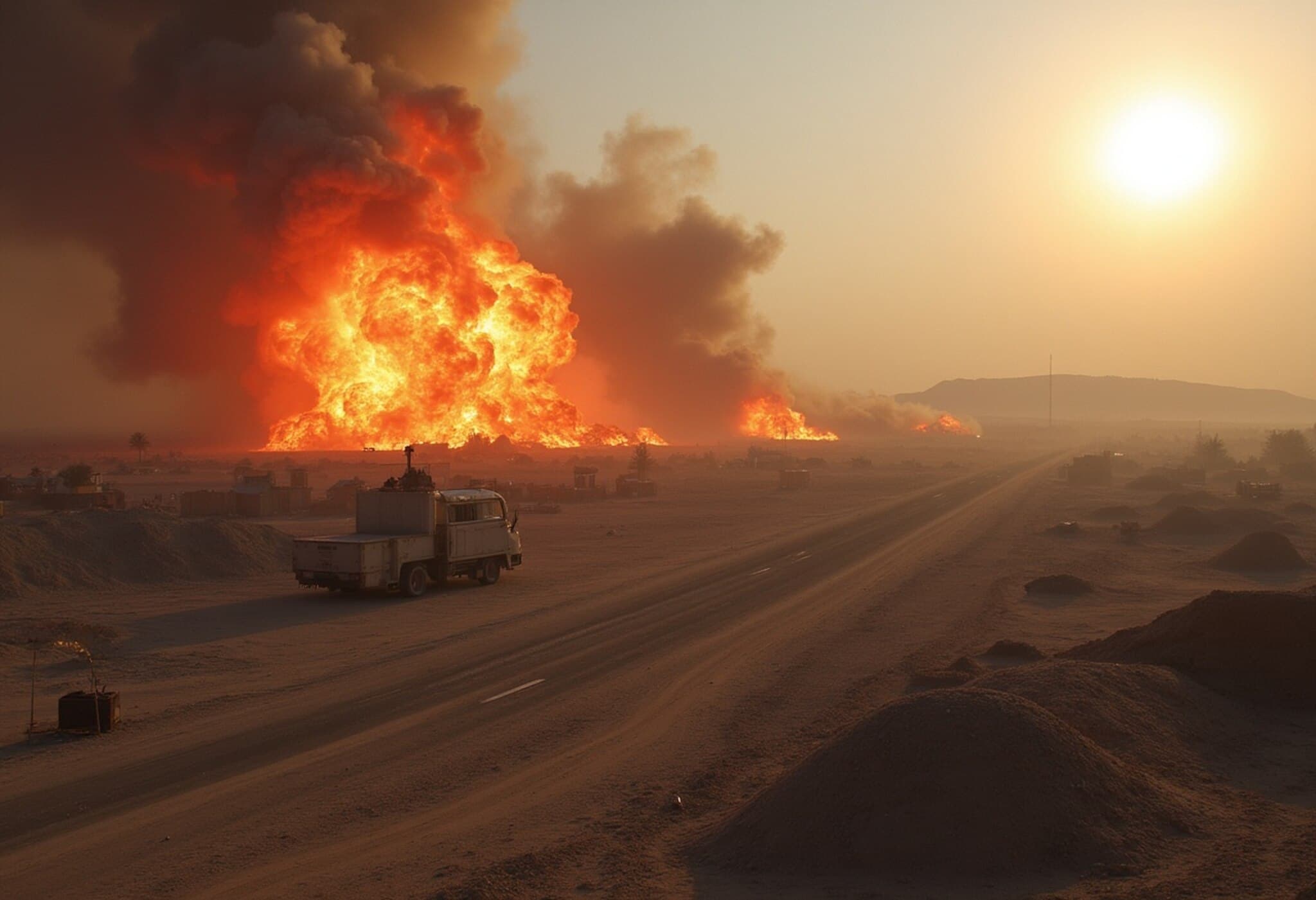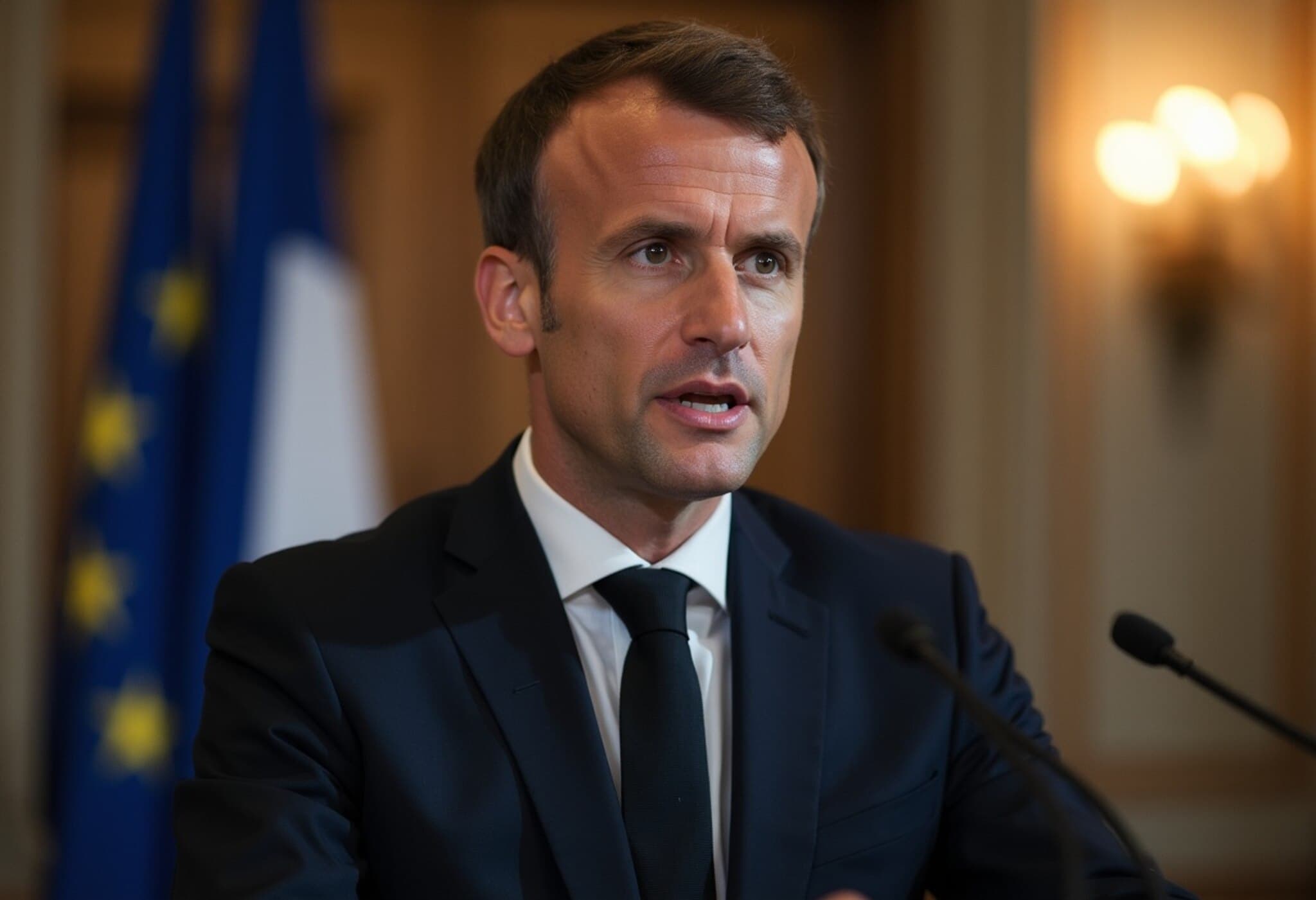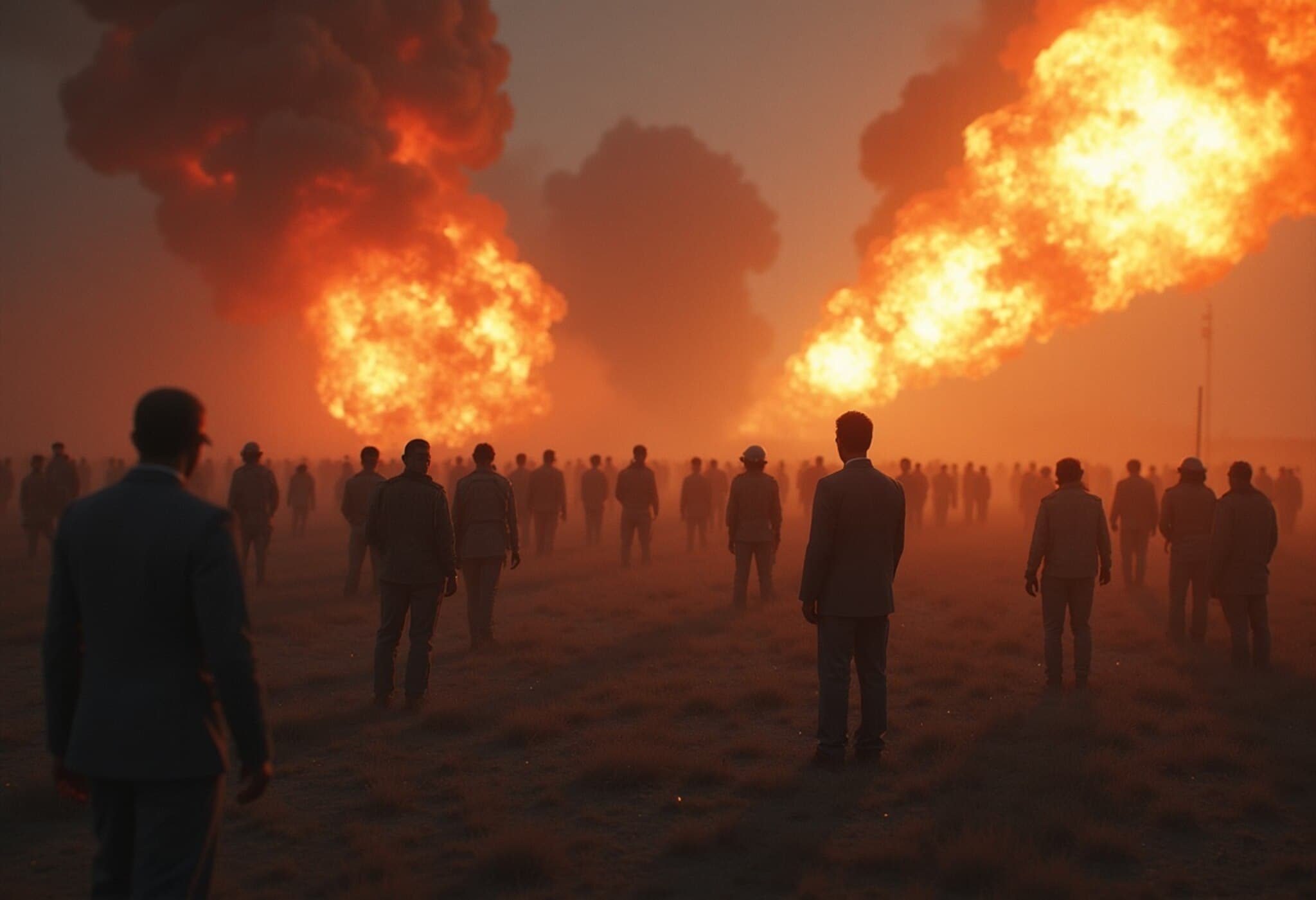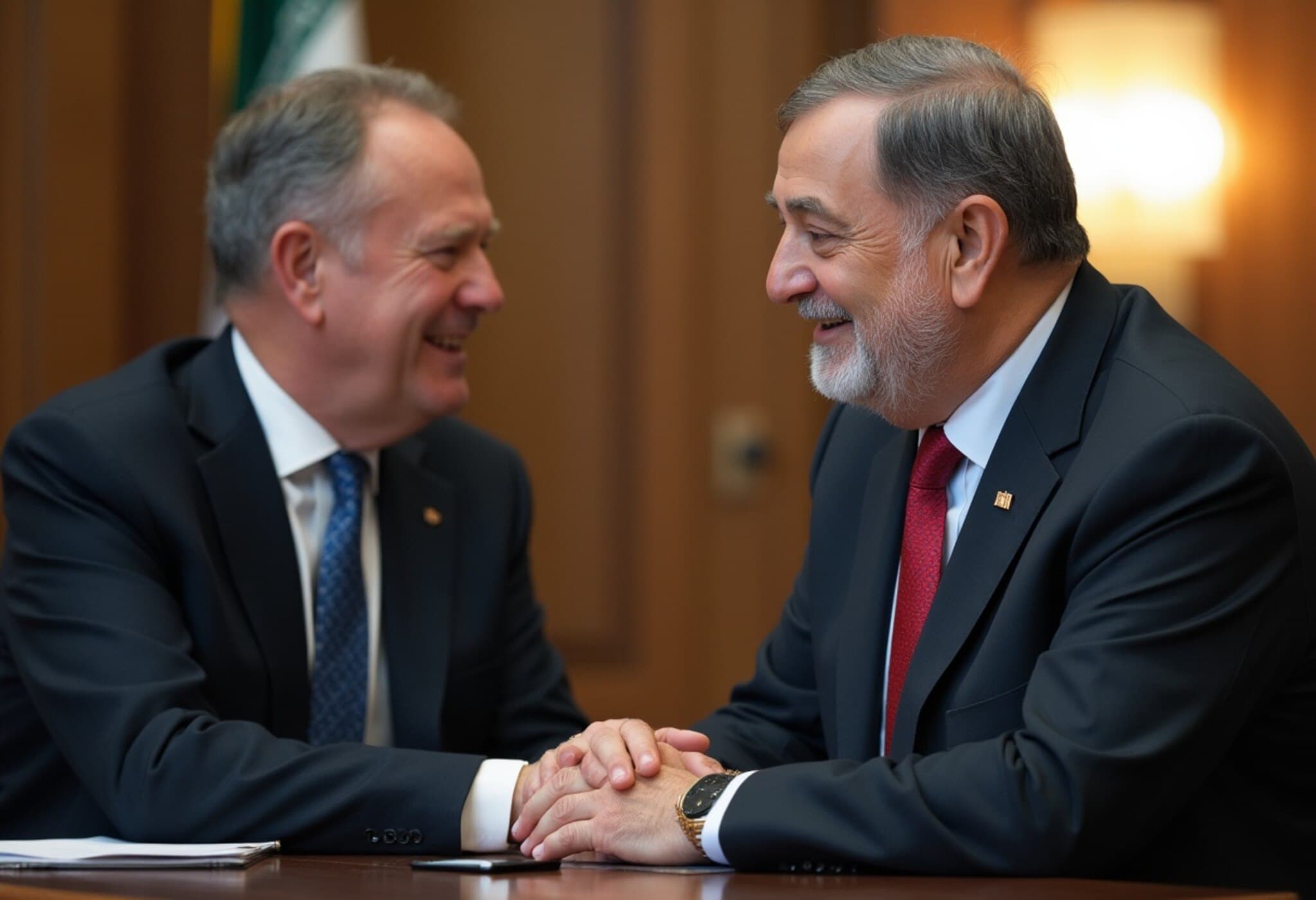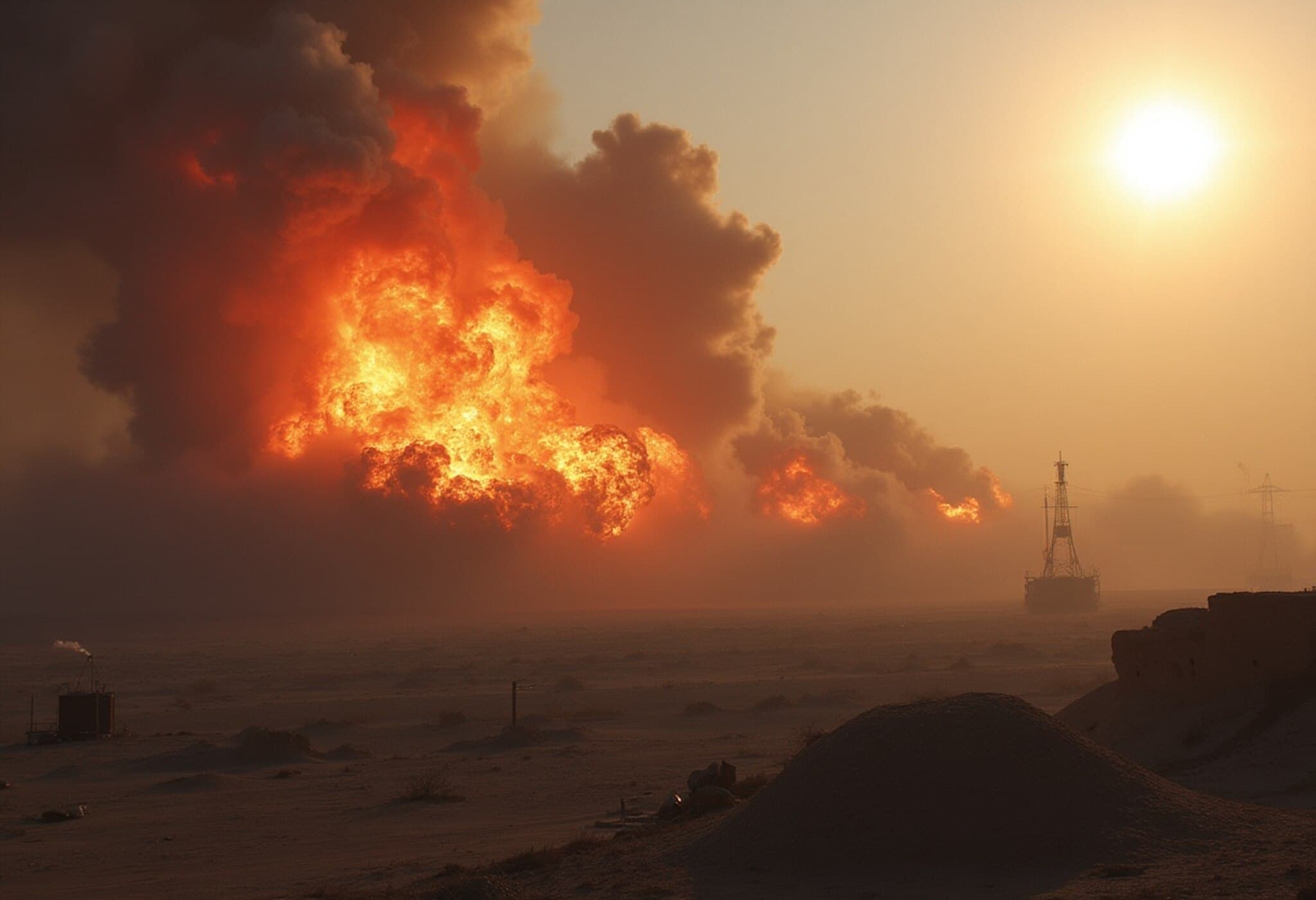Trump Keeps Options Open on US Military Action Against Iran
In the midst of escalating tensions between Israel and Iran, the US President mantained a strategic air of uncertainty regarding potential American military involvement. Speaking from the White House lawn, he neither confirmed nor dismissed the possibility of striking Iran, leaving observers speculating about Washington’s next move.
When pressed by reporters about future operations against Iran, he replied with a smirk, “I may do it, I may not do it. I mean, nobody knows what I’m going to do.” He further dismissed direct answers, saying, “You don’t seriously think I’m going to answer that question.”
Tehran Signals Willingness to Negotiate
While maintaining this ambiguity, the President revealed that Iran has expressed interest in talks, suggesting a potential de-escalation route. “Iran’s got a lot of trouble and they want to negotiate,” he stated, adding a pointed criticism: “I told them, why didn’t you talk to me two weeks ago? You could’ve done fine. You would’ve had a country.”
This comment underscores a missed opportunity for dialogue before hostilities intensified, reflecting the complexities of US-Iran relations amid Middle Eastern unrest.
Context: Rising Conflict and Regional Dynamics
These remarks come after nearly a week marked by heightened conflict, with Israel asserting air dominance over Tehran's assets and striking multiple Iranian nuclear and military sites. Although the US initially distanced itself from Israel’s offensive, recent troop deployments and rhetoric hint at a possible shift toward more direct engagement or at least a posture leveraging military threat to influence Iran.
Trump’s choice to keep both Tehran and the international community guessing emphasizes a deliberate, flexible approach amid rapidly evolving tensions.
What Lies Ahead?
With mixed signals coming out of Washington and the region simmering, the world watches closely. Whether the US will escalate its role or pursue diplomatic channels remains uncertain, but the stakes for stability in the Middle East have undeniably grown. For now, the ambiguity itself may serve as a strategic tool amid this delicate moment of international diplomacy and conflict.

